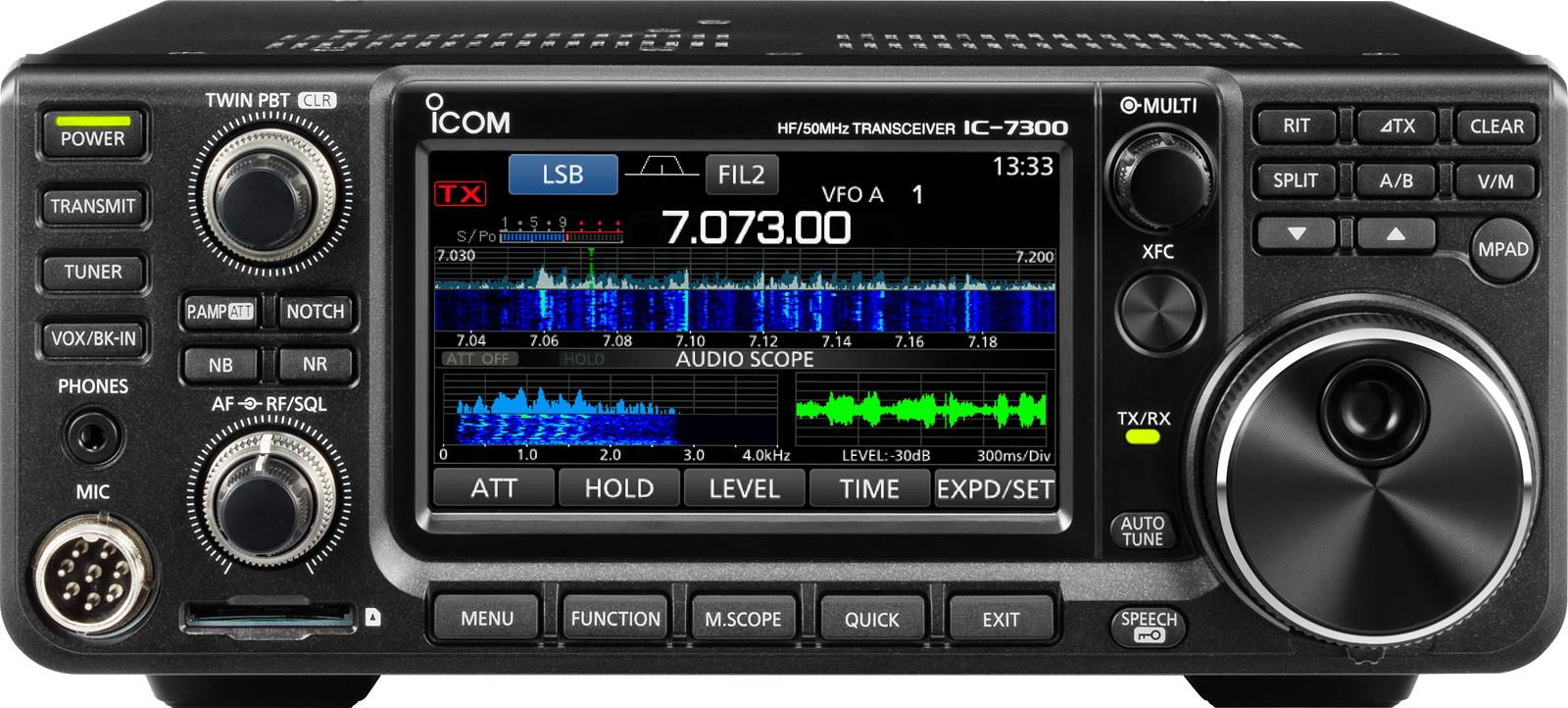Archive for the 'Radio' Category
BMOW Tries Amateur Radio

How do older electronics nerds have fun? With an amateur radio license, of course! Some recent conversations with friends spurred me to learn more about ham radio operation, and I threw myself into studying. I’m now scheduled to take the technician and general class license exams back-to-back on March 19, and if I pass I’ll receive a call sign and can get on the air. Watch out, world.
What exactly do amateur radio operators do? Until recently, I only knew what I’d seen in movies, where hams working at night try to make voice contact with other radio operators on the opposite side of the planet, using huge antennas. This is called DXing and it’s certainly a big part of the hobby, but now I’ve learned there’s much more. Many hams begin with simple handheld radios operating on VHF and UHF frequencies, where they can talk to others in their local area. Most cities have repeaters on hilltops and tall buildings that can rebroadcast these low-power transmissions, effectively increasing the coverage area. Where I live in California’s San Mateo County, there are over 50 such repeaters available for amateur radio use!
Other fun things to try: talking to the International Space Station, bouncing signals off the moon, and patching communications through amateur radio satellites. There are also radio-internet gateways that can stream radio traffic across the internet for part of its journey. And beyond voice communications, there’s all manner of digital radio communication too. Packet radio, RTTY, image and video transmission, you name it.
Much of the hobby revolves around building and tinkering with the radio equipment and antennas, in order to get the best performance. For people who enjoy experimenting with electronics, this is a good challenge.
To broadcast on an amateur radio frequency, you must be licensed. This theoretically prevents inexperienced people from accidentally screwing-up the EM spectrum for everybody else through improper operation of their radio. There are currently three levels of license, from the beginner-level technician license, to the general license, and the top-tier amateur extra license. Your license class determines what frequency bands you’re permitted to broadcast on, and the maximum permitted power level. Technicians are mostly restricted to VHF and UHF frequencies (with a few exceptions), while the general license opens up more lower frequency bands that propagate further and are better suited for chatting with people 10 time zones away. Amateur extra licensees can broadcast in any amateur band and are also eligible to get shorter, more-memorable call signs.
Before I knew anything, I assumed the amateur radio license exams would be quite difficult. “Difficult” is a relative idea, but now that I’m familiar with the tests, I’d say practically anyone could pass the technician exam with about 5-10 hours of study. If you already have some background in basic electronics and physics, like most readers of the BMOW blog likely do, then you’ll find it easier. The technician exam is roughly one-third electronics and radio theory basics, one-third practical radio operation skills, and one-third FCC regulations. The general exam goes deeper into the theory, but it’s nothing too scary. All the tests are multiple choice, and knowledge of Morse Code isn’t needed.
Initially I’d planned to study for the technician license, but after I realized I already knew about half the material on the general license exam, I decided to double-up and do them both at once. This seems to be a fairly common path for people who already have some electronics and physics background.
See you on the airwaves! If you’re in the SF Bay Area, hit me up after the 19th if you’d like to try some on-air conversation.
Read 7 comments and join the conversation
